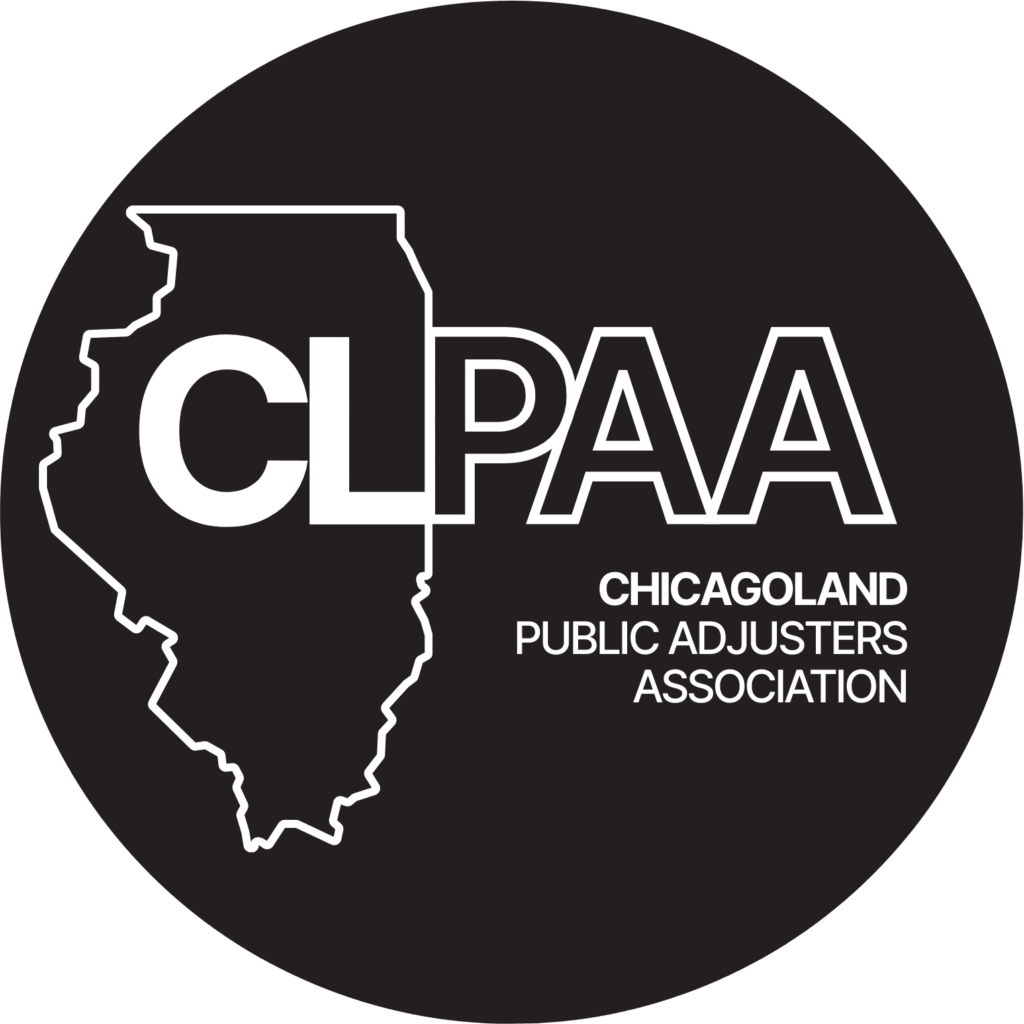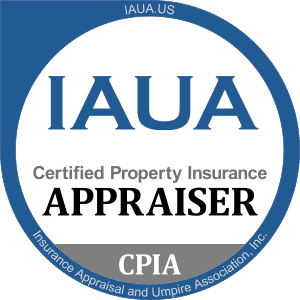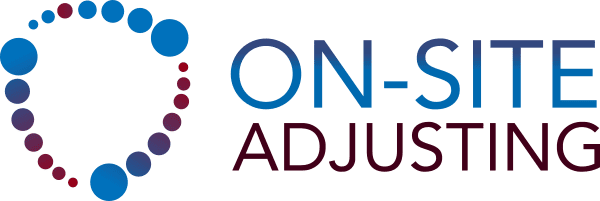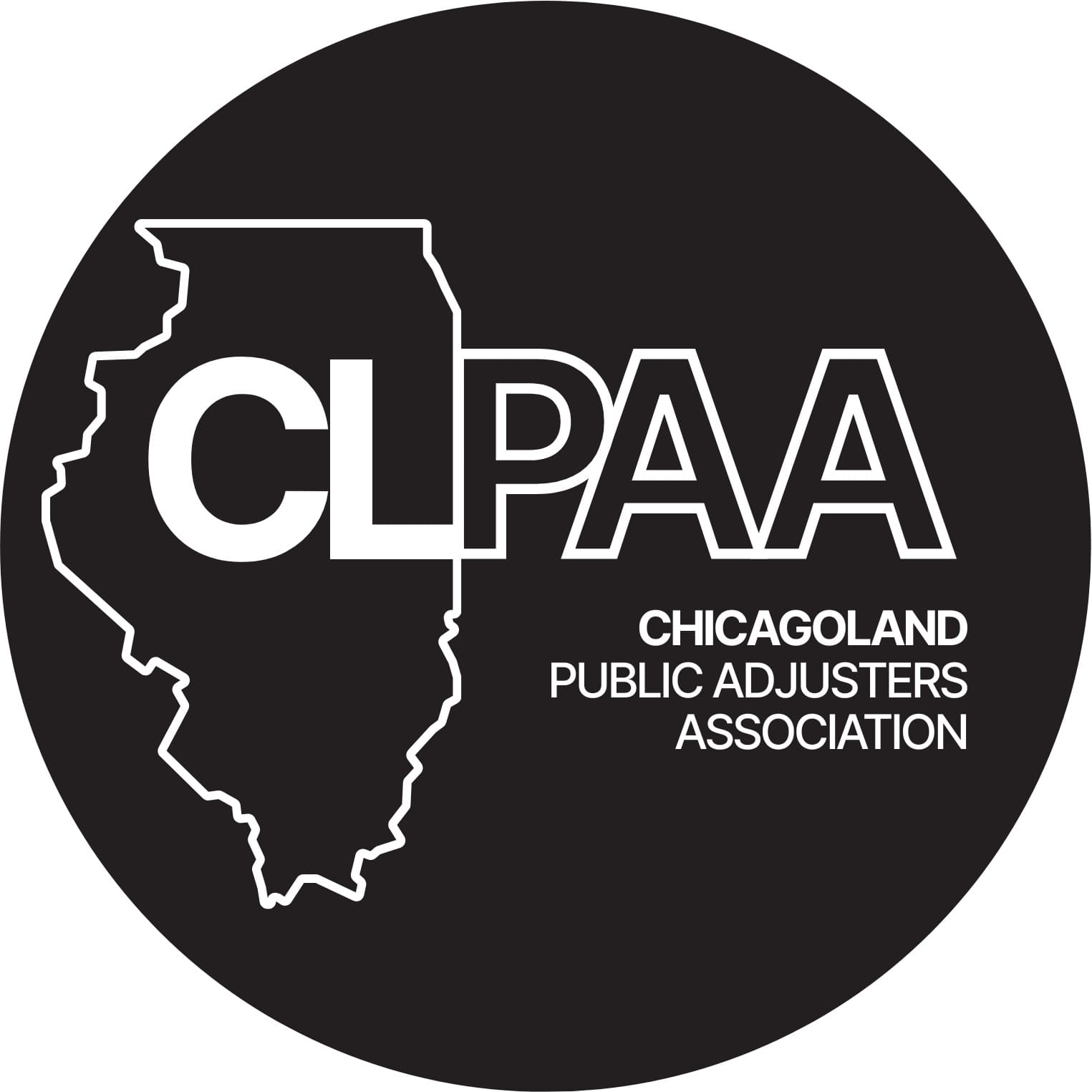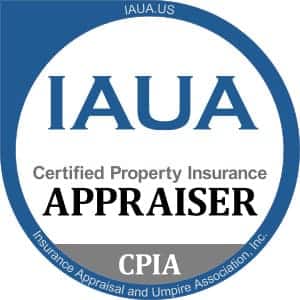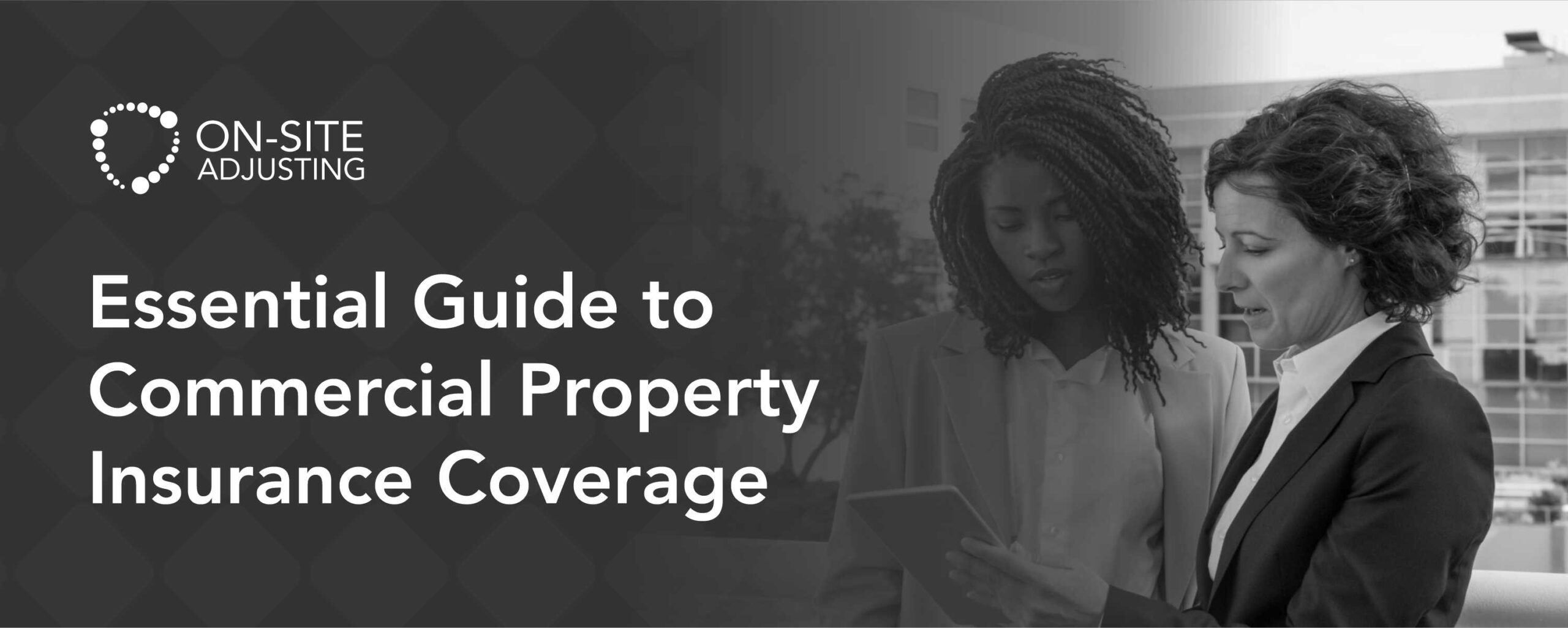
In 2022, the incurred losses in commercial insurance amounted to over $202 million. This means that different businesses with commercial insurance coverage had a total loss of that amount in the United States. Risks are inevitable when running a business. Your risk management and preparation determine how quickly you can bounce back from a loss or setback.
Commercial property insurance can be the difference between keeping and losing your business when a loss occurs. Consider your business’s needs when choosing any form of insurance coverage. You should also consider the policy’s cost-effectiveness. This can help you weigh your options more easily.
In this blog post, we will take you through everything you need to know about commercial property insurance coverage. This will help you determine whether it is a good fit for you and your business.
What Is Commercial Property Insurance?
Commercial property insurance aims to provide cover for business property. The property must have been damaged or destroyed by perils named under the policy. ‘Property’ does not only mean the physical structure of the building. It also means appliances, equipment, and other instruments. The property must be one used in the ordinary course of business. Usually, it is too expensive to replace them out-of-pocket. Commercial property insurance protects both the physical building and tools of trade. In certain cases, it extends to work equipment stored in facilities separate from the work building. For example, your policy may cover equipment in warehouses or storage facilities.
What Is The Difference Between Commercial and Residential Property Insurance?
They are both part of property insurance. This means that they protect your property from certain risks. However, they cater to two different categories of people. You can glean the major difference between both of them from their names. However, here is an in-depth explanation of their differences:
Coverage Type
Traditional homeowners’ insurance typically covers the structure of your home and your personal property. Commercial insurance extends to the assets of your business. It even covers multiple locations in certain cases. However, the coverage of multiple locations depends on whether they have similar uses. It could also cover business interruption and loss of income.
Risk
Residential property insurance policies tailor risks to the property in question. For example, it provides for perils that weaken the structural integrity of the home. Examples are flood, fire, theft, and weather damage. However, commercial property insurance covers specific business risks. Examples are business interruption and loss or breakdown of equipment. It also covers the structural integrity of the building.
Liability Insurance
Residential property insurance usually has liability insurance and medical payments for third parties. Commercial property insurance has a more extensive liability coverage. This is because of the number of people who visit a commercial building. Furthermore, a business can be open to liability for defective products or services. Commercial property insurance considers these unique problems.
Customization
Commercial insurance coverage is more flexible in its customization. This is because it considers industry-specific risks and needs. Therefore, coverage for a restaurant and a construction company will look very different. Residential property insurance is also customizable. However, the customization is often limited to personal property. An example is buying extra coverage for expensive items like jewelry.
Premium
Commercial insurance coverage requires higher premiums compared to residential property insurance. This is due to the wide nature of risks associated with the former. The higher premiums reflect the specialized and higher needs businesses require.
What Are The Types of Commercial Property Insurance?
There are different types of commercial property insurance coverage on the market. Ensure you understand what each one entails before settling on one. Furthermore, consider your business’s needs and peculiarities. For example, your coverage as a small business will be different from an international one. Here are the various forms of commercial property insurance:
Building Insurance
A standard commercial property insurance policy will cover your business building. However, this coverage is not limited to the structure of the building. It extends to adjoining structures such as your parking lot and walkway.
This insurance coverage protects your building from damage by theft, vandalism, and explosions. Sometimes, it provides for explosions and terrorism. It also provides for damage that specific natural disasters or extreme weather conditions cause. However, it often excludes damage from acts of war, regular wear and tear, and negligence.
Furthermore, your policy may not cover natural disasters if your area is prone to them. You will need to purchase extra coverage in this case.
Contents Insurance
Commercial property insurance also protects the content of your building. This means this insurance coverage protects your furniture and business tools from the perils in your policy. For example, it protects items such as computers, heavy machinery, and inventory. It doesn’t matter if the contents of your building are not permanently damaged. An unexpected breakdown of your machinery will trigger your coverage. However, be reminded that it won’t cover damage that you caused due to your negligence. The same goes for damage that wear and tear causes.
Business Interruption Insurance
Business interruption insurance protects you financially if unforeseen circumstances shut down your business for some time. Your insurer will pay you your net income during the period of restoration. Depending on your policy, it could also cover the extra costs of running your business elsewhere. The restoration period is usually limited to 12 months. You can also purchase insurance for specific machinery.
Public Liability Insurance
This is arguably one of the most important coverages to have as a business owner. It protects you from claims by injured or disgruntled customers. It provides compensation to a customer injured on your business premises. The coverage can also shield you if a customer suffers loss or distress as a result of your services.
What are the Responsibilities in Commercial Property Insurance?
A commercial landlord and tenant have different responsibilities. The likelihood of conflict is reduced when each party understands their duties. As a commercial property landlord, you must provide building insurance for your building. This is because the building is yours and as such, you are the one with insurable interest over it. Insurable interest refers to the stake a person has in an item. This stake shows that they will be adversely affected if the item were to suffer damage or loss. Only people with insurable interest in an item can insure the item.
A commercial property landlord is expected to have business interruption and liability insurance. This is because the building is their business. Sometimes, a landlord is legally required to have employer liability insurance. For example, where they employ anyone for the maintenance of the building. This insurance coverage is for work-related injuries or loss of job.
As a commercial property tenant, you will likely be responsible for insuring the contents of the building. This is because you have insurable interest in them. This means you must get contents, business interruption, liability insurance.
The landlord’s duties usually revolve around the property’s structure and employees working for the property. The tenant’s duties are usually regarding their business property.
Premiums are usually included in rent payments. Where there are multiple commercial tenants, the premiums should be fairly split across all the tenants. However, several factors such as your business activities might require you to pay more premium than others. For example, let’s say you engage in welding or electrical activities. Your business will likely cause more damage to the building than a clothing store.
It is important to properly document and agree upon the duties and responsibilities of each party. This will help avoid confusion or clashes. A great way to do this is to put the agreed terms in the lease agreement.
What Affects the Cost of commercial property insurance?
There are several reasons your premium will be higher than usual when you get commercial property insurance. Some of them are:
Location
The location of your business may cause your premiums to be higher. This is because of the risk presented. For example, insurers in coastal states tend to request extra coverage for floods and hurricanes. Furthermore, you will need to pay higher premiums if you are in a state with a high crime rate. This helps your insurer prepare for the increased risk of vandalism and theft claims.
State of the Building
Older buildings often require higher premiums. The older a building is, the higher the risk of structural damage or collapse. Your insurer needs to be able to shield itself. It does that by calculating the risk you pose as a policyholder. Furthermore, the size of your building affects your premium. Smaller buildings are usually cheaper to restore and repair compared to larger buildings.
Equipment and Inventory
You will pay higher premiums if you work with heavy machinery. This is because they are more costly to replace when damaged or lost. This also applies where the machinery is difficult to repair or replace. And when the machinery can break down from heavy usage.
Your inventory could also affect your premium. For example, if you keep exotic or expensive goods or raw materials in the building. Your insurer will require more money to provide sufficient coverage
Replacement or Actual Cash Value
Your settlement is based on either replacement value or actual cash value. Replacement value covers the costs associated with rebuilding or repairing your property. Actual cash value factors in the depreciation of the property. It is often cheaper than replacement value policies.
You can always implement certain measures to lower your premium. This way, it won’t eat too deeply into your finances. For example, a scanty claims record will attract lower premiums. This is because the insurer will not see you as a high-risk client.
Presenting yourself as a risk-averse client will lower your premiums. You can do this by installing security measures such as alarm systems and CCTV cameras on your property. You can also consider combining different policies into one for discounts. Customizing your coverage to your business’s needs can reduce the number of policies you need to buy. Lastly, constantly review your policy for even lower premium rates.
How To Choose the Right Commercial Insurance Property Policy
Commercial property insurance coverage is never a one-size-fits-all. You should carry out a property valuation before choosing a policy at all. This will ensure that you do not over-insure your property. You will also avoid wasting money on high premiums. This property valuation should consider the age, location, size, and current state of your property.
You should also outline your business’s needs. Figure out any extra or unique coverage your business may require. For example, if you run a printing business, you might need extra coverage for the machines you use daily.
Furthermore, do not settle on the first insurance company you see. Rather, try to get quotations from different insurance companies. Review their terms and policies carefully. Look out for the policy’s exclusions and compare them to the proposed premium rate. Also, consider the insurer’s reputation.
Lastly, the coverage you need should influence your decision. Confirm the legal and contractual requirements for your coverage. For example, liability insurance is rarely legally required. However, some clients will insist on it before agreeing to work with you.
Conclusion
Insurance coverage is indispensable to any business owner. Several unseen risks could topple years of hard work. Consider your business needs and coverage when choosing a commercial property insurance policy. Inadequate coverage can leave you financially stranded. Paying for repairs out-of-pocket can completely eat through your profits and savings.
Not sure how to handle a claim on your commercial property? Let On-Site Adjusting provide the clarity you need. We offer a free consultation session for first-timers and can help you break down your policy. Contact us here to get started today.

